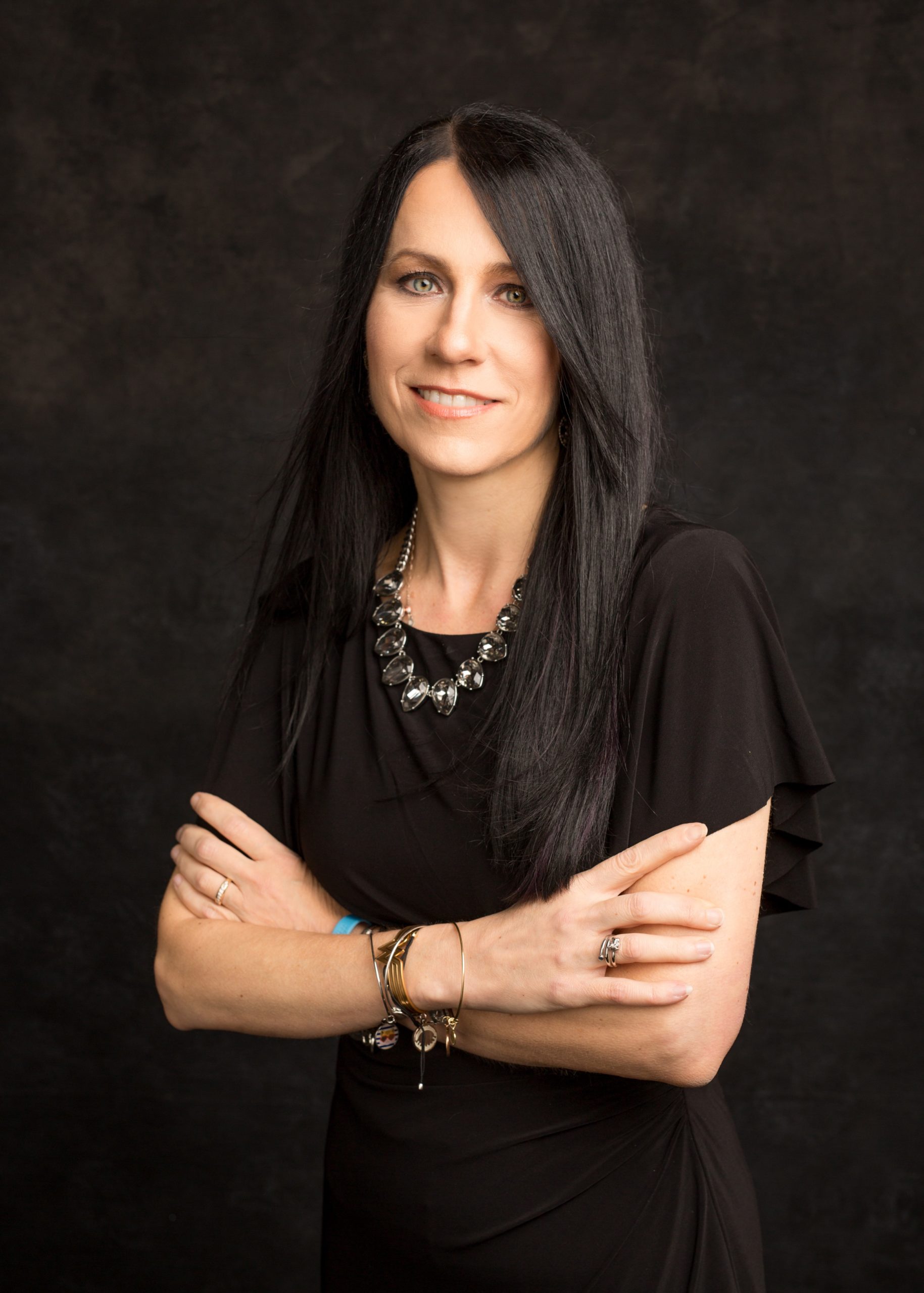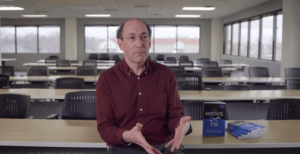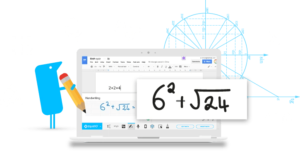Book Review: The Math(s) Fix

I had the opportunity to read the book Maths(s) Fix: An Education Blueprint for the AI age by Conrad Wolfram, co-founder and CEO of Wolfram Research Europe. For more than 30 years, Wolfram has spoken about computational thinking and has been researching the math(s) education experience. Wolfram’s book is focused on his belief that math education is experiencing a crisis and he presents ideas for how educators and stakeholders can go about fixing it. I was immediately drawn in when I started reading this book and found that I couldn’t put it down. The writing style piqued my interest and pushed my thinking about math education and how we prepare our students. I had listened to the podcast episode where Tom Vander Ark talked with Wolfram and caught this statement, which helped me to realign my focus: Wolfram said “Humans should learn to use computing tools to address increasingly complex problems.” He also shared the top three reasons that a compulsory core computational thinking subject needs to exist: for technical jobs, for everyday living, and for logical mind training.
Throughout the book, Wolfram shows how math education is not just about calculations. Wolfram says, “Maths is more about life than calculations.” (p. 56). The problem is that current maths courses are not providing enough opportunities for students to apply their skills at a higher level. Students in math courses today are learning in the same way as students years ago, rather than connecting to more advanced and current concepts such as computational thinking, data science, and learning about artificial intelligence. Wolfram says, “Computational thinking needs to cut across all subject areas.” (p. 122).
Features of the Book
The Math(s) Fix has 14 chapters and is divided into three parts. In part one, Wolfram focuses on the problem and discusses why everyone should learn math, what it looks like in today’s world and education, and what math is not. In part two, he proposes a fix to the problem and explores different thinking outcomes and suggests a new computational subject that should be offered in schools. He presents ways to put it into practice, how pedagogy must change as a result, and how we can transform math education. In part three, Wolfram takes a look at some of the challenges or objections that might come into the discussion when thinking about bringing about suggested transformations in math education. What I appreciated the most, is that he ends the book with a call to action for all. Wolfram shared a four-step process that educators can use across the curriculum: define the questions, abstract them to computable form, compute answers, and interpret results.
Wolfram defines what he sees as the problem with math and the way that it is being taught in the world today. He doesn’t believe that the way that math is being taught truly fits or meets the needs of the real world today. Wolfram says to “fix” the maths, we need to fix the “it” we are teaching. (p.123). He suggests instead that we focus on having students learn to apply real-world math learning and how all content areas and grade levels need to bring computational thinking and computation technology into the classroom. To resolve this problem that he perceives with math education, the “fix” that he recommends is a computer-based math curriculum. Wolfram believes that this is a new subject that should be offered for learners in the world and it should be built on actual problems that exist in the real world. He asserts that educators need to bring in knowledge focused on data science and information theory. He shares possible objections in Chapter 10 and then provides a Roadmap to Change in Chapter 11. I enjoyed hearing his personal experiences and thoughts in Chapter 13, “What’s Surprised Me on this Journey So Far?” His honesty about his thoughts and what he learned was a good way to end the book before providing a Call to Action and an Appendix with steps for educators to take.
Key Takeaways
What I like about Wolfram’s book is that he not only identifies what the problem is, he suggests how we as a society can fix it and provides a plan. Wolfram explores and works through what the potential pushback might be, he provides a roadmap for bringing about the changes he perceives as necessary. He believes that we need to create a new subject in math curriculum that is focused on leveraging computers more for learning and applying skills at a higher level. Whether you are an educator or a parent, he believes it is essential that we all understand more about the future of education and how to best prepare students with these skills.
Wolfram shares so many ideas about how we can transform the mathematics learning experience for students. He wants the focus to be on showing how math is exciting and our ability to engage students in more powerful learning opportunities by helping them to build their critical thinking and computational thinking skills. We can empower students to apply what they are learning and be able to solve problems and challenges that will likely be part of their experience in the future of work and in education.
In the book he estimated that approximately 80% of the math curriculum that is out there is focused on simply completing repetitive exercises which students typically do by hand. Rather than doing the same we have done, instead he suggests that students should learn to use technology, have a computer do the calculations, and let students then figure out how to do more with what they are learning.
In his advocating for this change in math education, he is clear that real-world math is computer-based. He asserts that it’s not focused on the math problems that we can do with our own calculations but instead we need to use computers. He believes that it is a serious problem in education that we need to focus on and fix.
While reading it I found myself questioning some of the ways I had learned math in my own school experiences. The same methods that have been used for students years ago and that likely are still being used for some students today. I think about the increasing need for computational thinking skills and its applicability in education and in the future. A lot of what Wolfram said resonated with me—even looking to use project-based or problem-based learning that gives students an opportunity to focus on real-world problems, more hands-on student-directed learning that helps them to build their skills in a more authentic and meaningful way. These methods are more in line with preparing them with essential skills for the future.
I appreciate that Wolfram shares a lot of personal experiences and stories to help further explain his thoughts. Having those connections with the writing and being able to relate it to our own experiences definitely helps with processing the content of his message. The organization of the book is helpful for working through the process of identifying the problem, thinking about solutions and putting the solutions into action. He shows how it’s not something that falls solely on the teachers in the classroom. It’s something that we all need to be working through together, as teachers, administrators, parents, everyone who has a connection with education and bringing about changes, needs to be a part of these transformations.
Schools That Are Changing Instruction
Locally in Pittsburgh, several schools and organizations are bringing more computational thinking into classrooms and creating opportunities for educators, in line with the ideas of Wolfram. An example of schools integrating computational thinking across the K-12 curriculum is the South Fayette School District, with guidance from Carnegie Mellon University. Learn more about South Fayette, under leadership of Aileen Owens, Director of Technology and Innovation at SFSD and the work they have done in the school and for the Pittsburgh region. For additional opportunities, check out the Wolfram Foundation which is sponsoring AI Leagues, AI Camps, and AI Arts & Science Fairs for students.
For more, see:
- Conrad Wolfram on Computational Thinking
- South Fayette School District: Leading Educators in Computational Thinking
- Building Essential Skills Through Computational Thinking
- Video – Conrad Wolfram: What’s Wrong in Math Ed?
Stay in-the-know with innovations in learning by signing up for the weekly Smart Update.








0 Comments
Leave a Comment
Your email address will not be published. All fields are required.